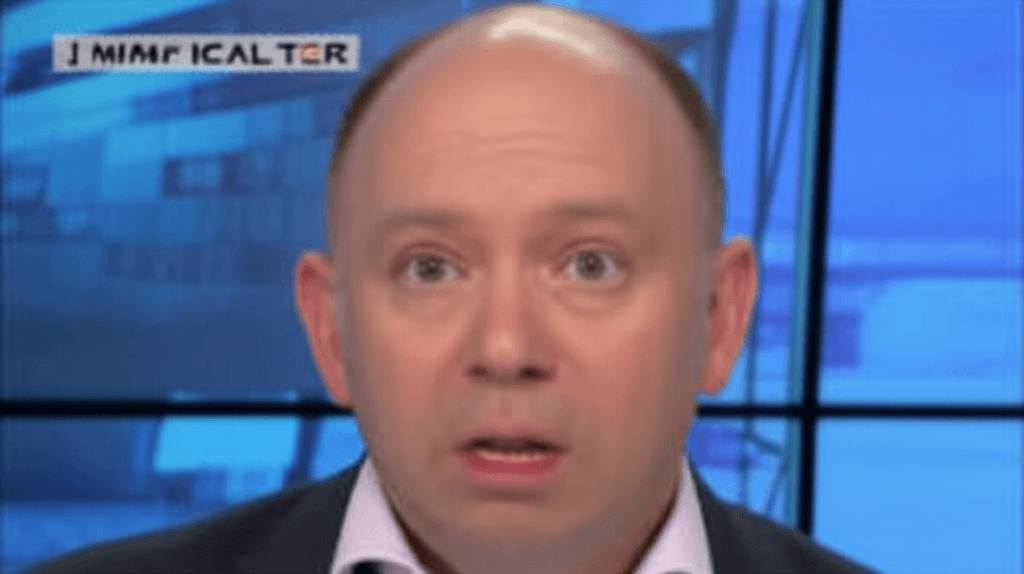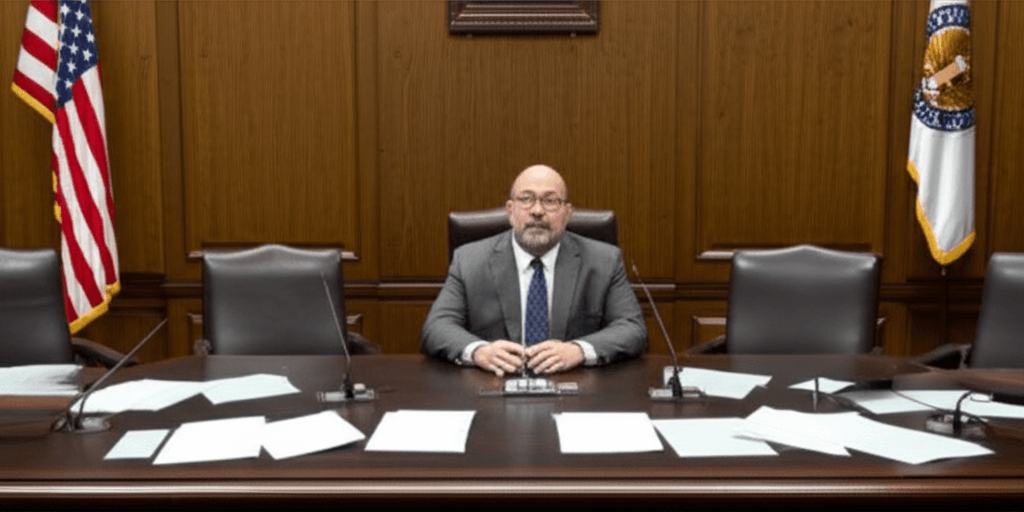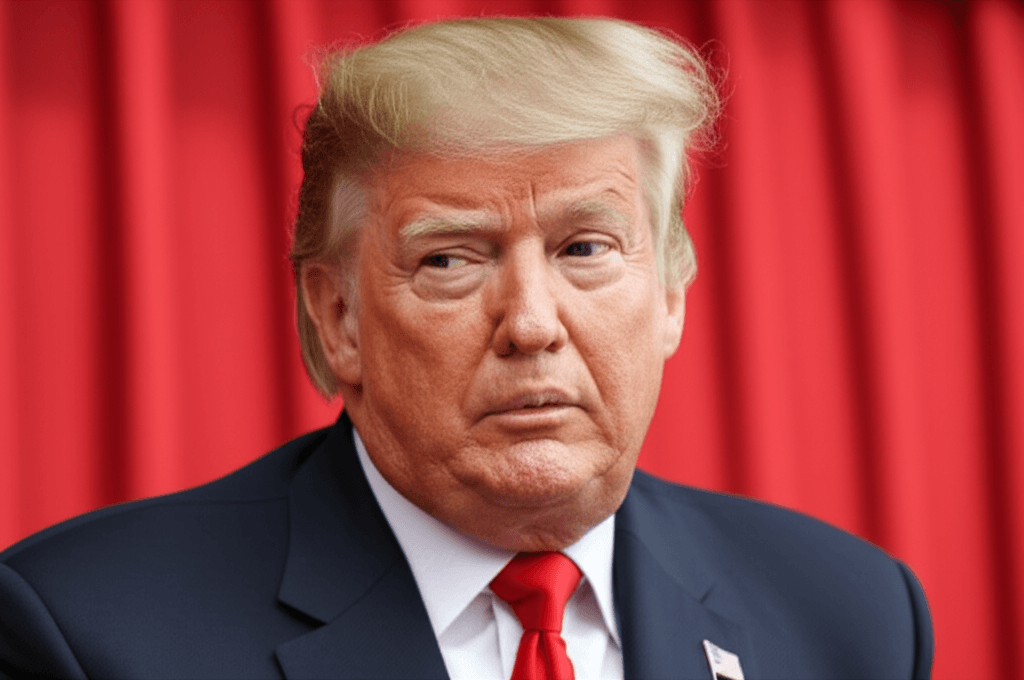The cognitive health of a nation’s leader is a subject of intense public scrutiny, particularly as political figures continue to serve at advanced ages. For former President Donald Trump, who at 70 became the oldest person to assume the presidency at the time of his first inauguration, and subsequently the oldest to be inaugurated for a second term at 78, questions surrounding his mental fitness have been a recurring theme throughout his political career. These concerns, fueled by public appearances, speeches, and expert observations, have prompted a broader discussion about the assessment of presidential capacity and the ethical considerations involved.

The Enduring Scrutiny of Presidential Cognitive Health
The physical and mental health of U.S. presidents has historically been a matter of public interest, yet formal mechanisms for assessing cognitive fitness remain limited. While presidents typically release summaries of their annual physical examinations, these often lack comprehensive neurological or cognitive assessments unless specifically warranted or requested. The public, however, often relies on observable behavior, speech patterns, and policy decisions to gauge a leader’s capacity.
This informal “eyeball test” gained significant traction during the 2024 presidential election cycle, where the advanced ages of both leading candidates—Donald Trump and then-President Joe Biden—brought cognitive fitness to the forefront of national debate. Polls indicated that a significant majority of voters favored mandatory cognitive tests for aging politicians, highlighting a widespread desire for greater transparency and assurance regarding the mental acuity of their leaders.

Examining Concerns Around Donald Trump’s Cognitive Acuity
Concerns about Donald Trump’s cognitive health have been voiced by various individuals, including mental health professionals, journalists, and political opponents, since his initial presidential campaign. These concerns have often cited specific incidents and patterns of behavior.
Incidents Fueling Speculation
Several public instances have drawn attention to Trump’s cognitive state:
- Rambling Speeches and “Word Salads”: Critics frequently point to his speeches, which sometimes feature abrupt topic changes, tangential remarks, and what some describe as “word salads” or incoherent statements. For example, during a cabinet meeting, he reportedly spent 15 minutes discussing decorating, and in other instances, he has drifted into unrelated anecdotes.
- Memory Lapses and Confabulation: There have been occasions where Trump appeared to misremember facts or conflate details. One notable example cited by critics was his claim that his uncle, John Trump, taught Ted Kaczynski (the “Unabomber”) at MIT, a claim that was unsubstantiated. Another instance involved his assertion that Joan Rivers, who died in 2014, had voted for him in 2016.
- Motor Skills and Public Demeanor: Observations of his motor skills, such as stumbling on a red carpet or swaying to music onstage for extended periods, have been cited by some psychologists as potential indicators of neurological decline.
- “Eight Circles” Reference: During a rally, Trump inexplicably referred to “eight circles” that he claimed Biden filled with journalists, a reference his staff was unable to explain, further fueling questions about his coherence.
Official Health Statements and Counterarguments
While these observations have generated considerable public discussion, official statements from Trump’s White House physicians during his presidency asserted his excellent cognitive and physical health. In one instance, a report from the White House stated that Trump scored a perfect 30/30 on the Montreal Cognitive Assessment (MoCA), a widely used screening tool for cognitive function.
However, some experts argue that simple screening tests like the MoCA, while useful, may not capture the full picture of complex cognitive functions required for the presidency. They suggest that even with a perfect score, observable behaviors and speech patterns could still indicate underlying issues.

Expert Perspectives: Ethical Dilemmas and Professional Opinions
The debate over Donald Trump’s mental fitness has also highlighted a long-standing ethical dilemma for mental health professionals: the “Goldwater Rule.” This rule, established by the American Psychiatric Association, generally prohibits psychiatrists from offering a professional opinion on the mental state of a public figure whom they have not personally examined.
Despite this rule, several psychologists and psychiatrists have publicly expressed concerns, often prefacing their remarks by acknowledging they are not offering a formal diagnosis.
- Concerns from Neuropsychologists and Psychologists: Dr. Narinder Kapur, a senior neuropsychologist affiliated with University College London, publicly suggested that Trump should undergo formal cognitive testing, including an Alzheimer’s screening, citing his “odd and strange” public statements and behaviors. Dr. John Gartner, a psychologist, has observed a “deterioration” in Trump’s motor skills, language, and impulse control, suggesting possible early signs of dementia. Other experts, like Dr. Harry Segal of Cornell University, have pointed to “confabulation” and an inability to maintain focus as signs of deteriorating cognitive function.
- Shifting Professional Views: While some professionals initially cautioned against diagnosing Trump from afar, some have reportedly shifted their stance due to observed changes in his behavior over time. Dr. Allen Frances, who helped draft the criteria for narcissistic personality disorder, initially stated Trump didn’t meet them but later indicated a belief that Trump’s coherence has “deteriorated a great deal” since his time in office.
- The “Duty to Warn” Movement: A movement emerged, known as “Duty to Warn,” comprising medical professionals concerned about Trump’s cognitive health, advocating for the public’s right to know about a president’s fitness.
Conversely, other experts, like Dr. Richard A. Friedman, a professor of clinical psychiatry at Weill Cornell Medical College, have argued against mandatory mental fitness evaluations, suggesting they wouldn’t be conclusive and that the public already has sufficient information from observable behavior to judge a president’s fitness.

The Role of the 25th Amendment and Presidential Disability
The U.S. Constitution’s 25th Amendment, ratified in 1967, addresses presidential succession and disability. Sections 3 and 4 specifically outline procedures for handling a president’s inability to discharge the powers and duties of office.
- Section 3: Allows the President to voluntarily declare an inability, temporarily transferring powers to the Vice President as Acting President. This has been invoked several times for brief medical procedures.
- Section 4: Provides a mechanism for the Vice President and a majority of the Cabinet (or another body designated by Congress) to declare the President unable to serve, leading to the Vice President becoming Acting President. If the President disputes this, Congress ultimately decides the issue with a two-thirds vote in both houses required to affirm the President’s inability.
The 25th Amendment does not explicitly define “disability” nor does it designate who should make the medical determination. While medical evidence would be helpful, neither medical expertise nor a specific diagnosis is required for a determination of inability under Section 4. This ambiguity leaves the interpretation open to political considerations and underscores the complexity of determining a president’s fitness.

Broader Implications and Future Considerations
The ongoing discussion about Donald Trump’s cognitive health, alongside that of other aging political figures, underscores a critical societal question: How should a democracy ensure its leaders possess the necessary mental capacities to govern effectively?
While there is widespread agreement on the importance of a president’s cognitive fitness, establishing formal, non-partisan assessment mechanisms presents significant challenges. Issues such as patient privacy, the potential for political weaponization of medical information, and the difficulty in defining objective cognitive criteria for such a demanding role remain complex. Some proposals include establishing an independent, apolitical commission to review candidates’ comprehensive medical information, to be shared publicly when concerns arise.
Ultimately, voters are left to weigh expert opinions, observable public behavior, and official health reports in forming their own conclusions about a candidate’s fitness for the nation’s highest office. The spotlight on Donald Trump’s cognitive health serves as a potent reminder of the inherent complexities and profound importance of leadership capacity in the modern political landscape.







